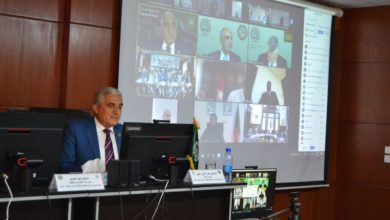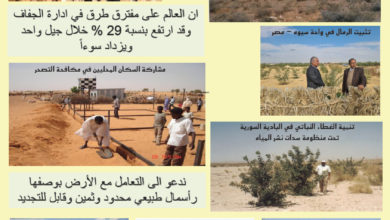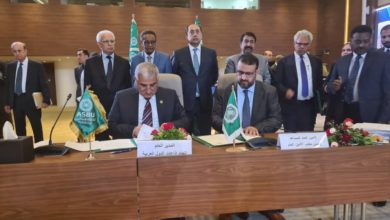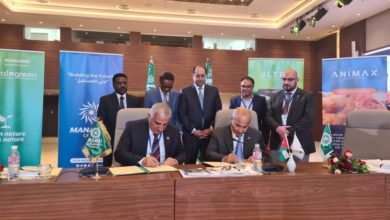Conclusion of a series of capacity-building training courses in the field of embryo collection and transfer of small ruminants.
Within the framework of ACSAD’s genetic improvement program, and in implementation of the agreement signed with the Syrian Minister of Higher Education and scientific research, and in continuation of its efforts to build Arab capabilities, a series of specialized and applied training courses were concluded at ACSAD research station for more than 35 students from the faculty of Veterinary Medicine at Damascus University on the technology of collecting embryos from Awwas sheep with high productivity genes of meat and milk, and transferring and cultivating them in receiving animals to improve the productivity of herds.
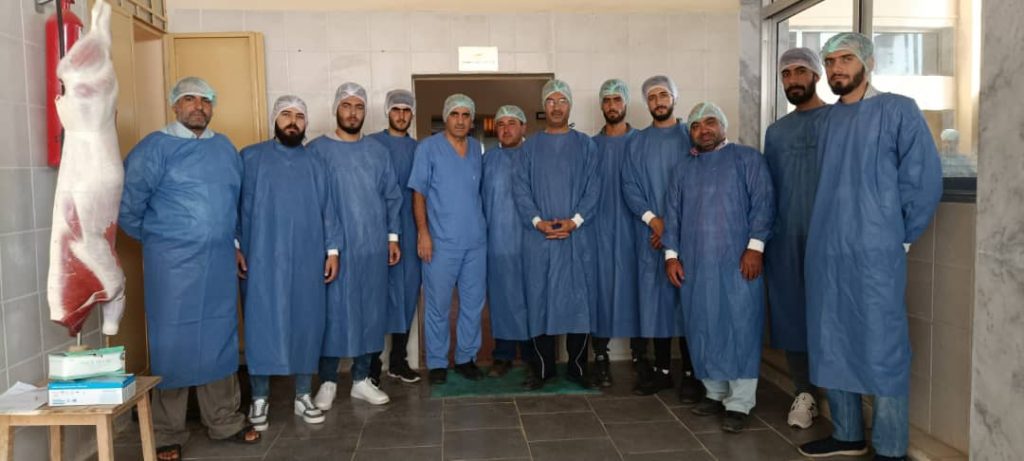
This technology is considered one of the modern technologies that ACSAD is working on with the aim of establishing a gene bank and preserving genetic material within the framework of its program for biodiversity and confronting climate change, as this technology aims to facilitate the exchange of frozen genetic material through special plastic straws, instead of transferring live animals from one country to another. Which reduces the high transportation costs, relieves health restrictions on live animals, and reduces diseases exchanged between animals, especially that the birth date of frozen animals in sheep may reach about 50% and this is one of the most important proposed solutions to increase animal production and contribute to achieving food security.
This series of training courses were implemented in ACSAD’s advanced laboratories at Izra Research Station and through its highly qualified experts.
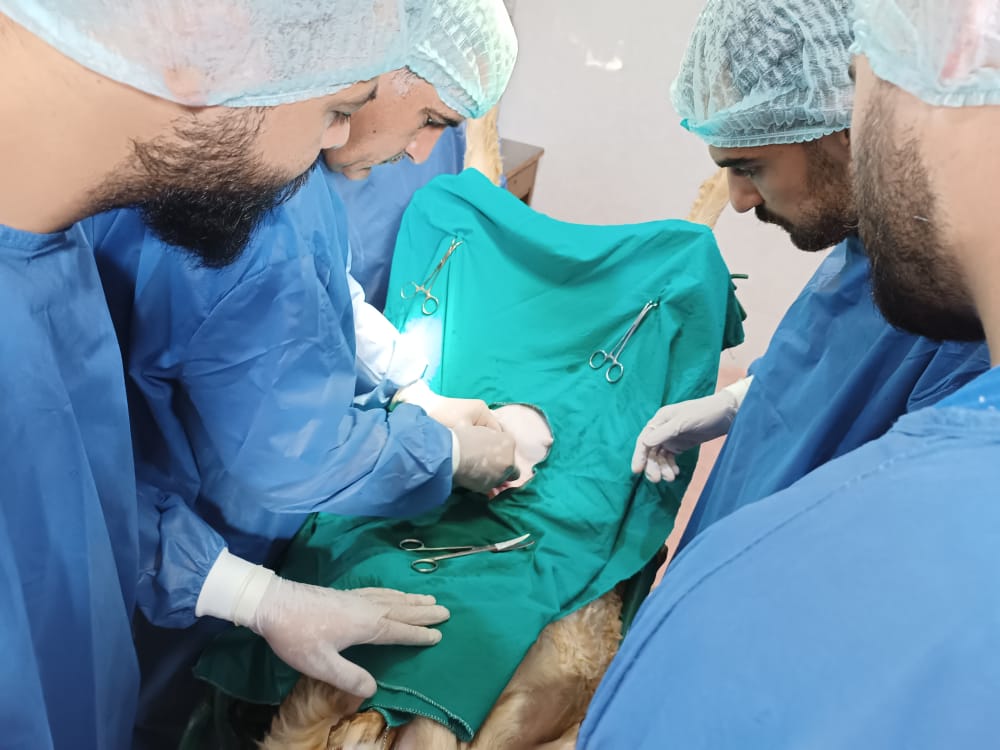
It is worth noting that ACSAD, as an Arab think tank, works within its various specializations to raise the capabilities of Arab cadres through workshops, training courses, in person and by default, and quality field days in various fields, to advance the agricultural sector in the Arab world.
